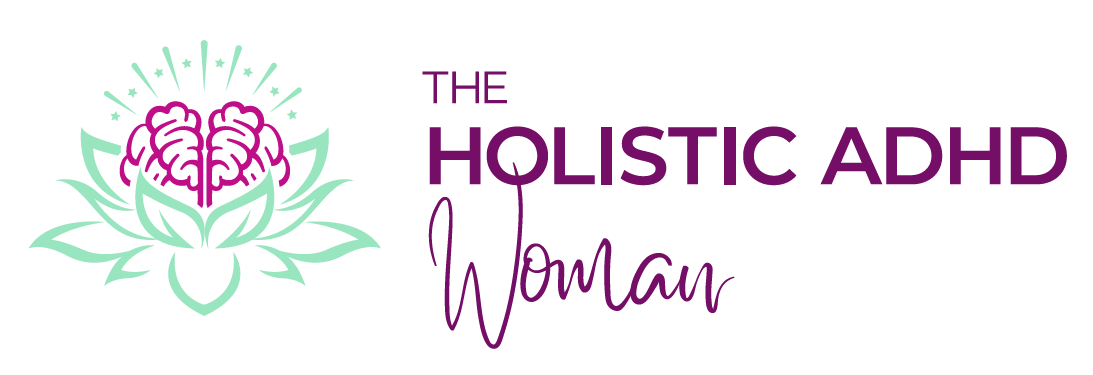ADHD & Emotional Dysregulation: Do Your Feelings Run Your Life?
Is your life dominated by intense emotions? Find out how ADHD affects emotional regulation and discover strategies to help you regain balance and clarity.
Understanding Emotional Dysregulation in ADHD
ADHD (Attention Deficit Hyperactivity Disorder) is a developmental condition that affects a person's behaviour. It is characterised by a pattern of inattention, hyperactivity and/or impulsivity.
Emotional dysregulation is a common symptom of ADHD that involves having difficulty controlling and regulating emotions. It can cause people with ADHD to have intense, disproportionate, or prolonged emotional responses.
When emotions spiral out of control, cognitive function can be significantly impaired. Judgment can become cloudy, problem-solving abilities are hindered, attention, memory, and processing speed can be affected. It is hard to think clearly and rationally. Living in a dysregulated state takes up enormous amounts of energy, which can lead to stress and burnout, as well as impact people around us.
Why Regulating Emotions Matters
Learning to master emotions effectively is key for maintaining clarity and balance. By developing strategies to regulate emotions, we can create the space needed to respond rather than react, fostering a sense of control over our inner experience.
The First Step: Cultivating Awareness
The journey toward emotional regulation begins with awareness. Mindfulness is a powerful tool that helps create distance between ourselves and our emotions, allowing us to observe them without being consumed by them. Recognising that we are not our emotions is the first step in reclaiming our power over them.
Emotions Are Temporary and Changeable
Emotions are energy moving through the body, creating sensations, thoughts, and feelings. They come like waves—rising in intensity, peaking, and then subsiding. Understanding that emotions are temporary can help us navigate them with greater ease, knowing they will eventually pass.
Emotions Serve a Purpose
Emotions exist to protect and guide us. Ignoring them is like disregarding a crying child—it may lead to long-term distress and dysregulation. Many ADHDers have lived in a state of dysregulation for so long that it feels normal, but attending to our emotions is crucial for long-term wellbeing and functionality.
Developing a Healthy Relationship with Your Emotions
With patience, kindness, and effective techniques, it is possible to cultivate a healthier relationship with our emotional landscape. The Wheel of Emotions can be a valuable tool in identifying what we are feeling, giving us the clarity to attend to our emotions in a constructive way.
Tools for Emotional Self-Regulation
Once we identify our emotions, we can choose the best way to support ourselves. Some effective self-regulation activities include:
Self-compassion – speaking and treating ourselves with kindness.
Journaling – processing thoughts and emotions through writing.
Intense workouts – release pent-up energy through physical activity.
Dancing with the right music – moving the body to shift emotional energy and uplift the mood.
Screaming (in the woods or into a pillow) – a healthy outlet for frustration.
Creative activities – painting, drawing, or craft enable emotional expression.
Going for a walk – shifts energy and provides perspective.
Spending time with a pet – experience grounding and comfort.
Looking at feel-good pictures – stimulates positive emotions.
Curling up with a blanket and hot water bottle – creates comfort and safety.
Yoga, breathwork, meditation, or chanting – calms the mind and the nervous system.
Playing a musical instrument – channels attention and uplifts the mood.
Watching a movie – distracts and resets.
Calling a friend or loved one – provides connection and support.
Making a favourite hot drink and savouring a treat – engages the senses.
Tapping/EFT (Emotional Freedom Technique) – releases emotional intensity.
If You Can’t Process Your Emotions Right Away
If we are unable to address our emotions in the moment, we can compassionately place them in a ‘safe box’ and return to them when we are in a better position to process them. Suppressing emotions long-term isn’t helpful, but temporarily setting them aside can be a useful strategy.
Emotional Regulation is a Skill You Can Develop
Learning to regulate emotions takes time and practice. If emotional dysregulation has become your norm and you feel lost in the process, working with a professional may be the best next step.
If this resonates with you and you would like support on your journey, reach out for a free conversation using this link. You don’t have to navigate this alone.



